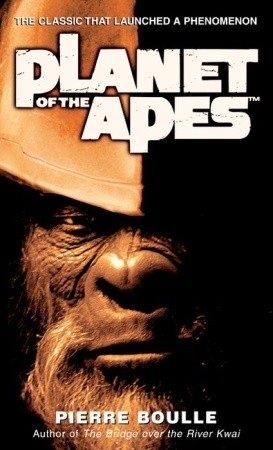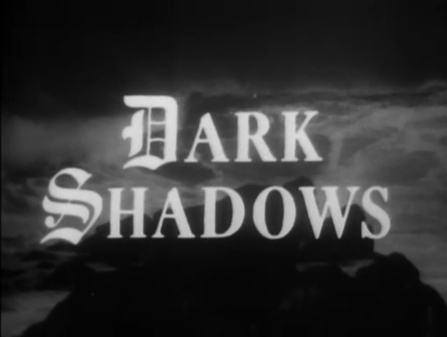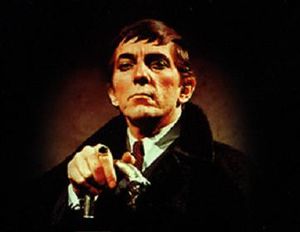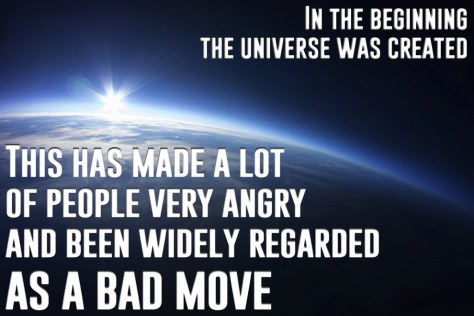
In case it wasn’t obvious to anyone, I am a real fan of the Japanese tokusatsu genre (for those who don’t know, tokusatsu is basically any live-action show and movie that uses extensive special effects). In particular, I like the Super Sentai series. And how can I not? Super heroes, fighting monsters, and riding giant robots. What’s not to like? But as I watched, I noticed a bit of a pattern. Not just in this show, but other ones like it (Kamen Rider, Ultraman, etcetera).
When the heroes encounter the monster of the week, they first meet with the weakest, and as the series progresses, they meet with stronger foes, and eventually meet with the the main antagonists, who were the strongest the whole time. This raises a question. Why didn’t the main antagonists attack first? Why did they send their weakest warriors first? From a dramatic point of view this might make sense, as the characters have to grow stronger over the course of the series, and as such have to fight the weakest foes, until they’re strong enough to fight the stronger one. That might make sense from a dramatic point of view, but what’s the in-universe explanation? Why would anyone who wants to take over the world send their weakest soldier first? Believe it or not, there is a good reason for this.
Before I get to explain this reason, let me tell you a little story: a few years back, I decided to take kendo lessons. If that word doesn’t ring a bell to you, kendo literally means “way of the sword” (yes, I like swords, sue me). Because I was… busy at the time, I could merely observe one such class, but it taught me a number of things. One of them being that in any dojo (or training center), the weakest people are always closer to the exit, while the strongest are always furthest away. Why, you wonder? Suppose the dojo is attacked, then the weakest people will likely be killed. But while the weakest ones die, the stronger ones will have more time to prepare for enemy attacks. As terrible as this may seem, it makes perfect sense. If the stronger ones are closer to the exit, and they are being confronted with a surprise attack, they might not survive the initial attack. So if the strongest people die, what chance do the weaker ones have? Even if they have time to prepare? Very little, I would think. Also, I should think this works pragmatically. After all, if you know that the weakest people will be most likely to die, wouldn’t that be an incentive to strive to be stronger?
With that in the back of your mind, would it not make more sense to send your weakest soldier first when you’re trying to take over a planet? This way, the stronger warriors will have an idea of what the strongest warriors of the planet are like, and thus better prepare themselves for a counterattack.
But that’s not the only problem. Another one has to do specifically with the shows that involve giant monsters. In case of Ultraman, he doesn’t appear until near the end of the episode. So a monster appears, causes a lot of chaos and devastation, and our hero doesn’t do anything until the very end? Here, however, I should think the reason why is twofold. For one, the eponymous Ultraman can only take on his actual form for three minutes (at least in Earth’s atmosphere). For another, if Ultraman interfered too early, humans would become too depending on a higher being, and won’t bother to try and achieve anything themselves. So it makes sense that he would let them figure it out first, and only interfere when there is no other way.
And now that I’m on the subject, here’s another thing that is often brought up when talking about Super Sentai (as well as it’s American counterpart, but since that one is merely recycling footage, it doesn’t really count). The heroes have a giant robot at their disposal, and yet whenever they encounter a new monster, they don’t immediately deploy their giant robot to crush the monster. Why not? so many people wonder. It would be so much easier, and it would save a lot more people. Would it really? It has happened before that monsters, even though they’ve exploded, they can still be brought back to life, and turned into giants in the process. Suppose the heroes did defeat the monster that way, and then he’d come back as a giant. They’ll have no choice but to face him in a giant form. And since the heroes didn’t take the time to figure out how to defeat him when he was human-sized, what chances do you think they’d have when the monster is a giant? So no, it wouldn’t help anyone. They have to figure out how to defeat the monster in its smaller form first, before they deploy the giant robot.
But those are just my thoughts about the series. If not the whole tokusatsu genre in general.










